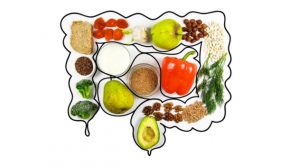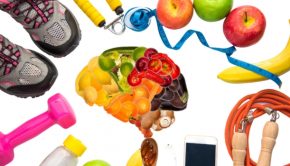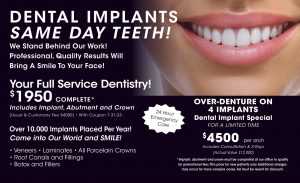THE MATRIX OF LIFE
Boosting Collagen for Better Health
by Maya Whitman
Collagen, a protein, holds us together from the inside-out, helping to build bones and providing the scaffolding that knits our bones and organs together. Stress and poor lifestyle habits, such as smoking and eating too much sugar, can contribute to its breakdown and accelerate the aging process, but strategic dietary choices and supplements can have a significant positive impact on our skin, as well as underlying conditions.
Although celebrated for its cosmetic effects, “Most people are surprised to learn that collagen is equally important for blood vessels and tissues surrounding and supporting the internal organs,” says Pamela Schoenfeld, a dietitian and nutritionist in Raleigh, North Carolina, and author of The Collagen Diet: Rejuvenate Skin, Strengthen Joints and Feel Younger by Boosting Collagen Intake and Production. Collagen is mostly found in tendons, ligaments and skin, and is also abundant in bones, cartilage, muscles, corneas, blood vessels, the gut, vertebrae discs and teeth.
In studies, collagen supplements show promise for joint pain, arthritic conditions, osteoporosis and heart health. A Penn State study of 147 student athletes found that those that took 10 grams of collagen hydrolysate daily for 24 weeks had significantly less joint pain while walking and at rest compared to a placebo group. A 2012 study featured in Complementary Therapies in Medicine found that 1,200 milligrams of collagen hydrolysate taken daily decreased joint pain in older people by 20 percent compared to a placebo. In a 2018 study, post-menopausal women that took five grams of collagen daily for a year had better bone buildup and less bone degradation. A 2017 Japanese study of 31 healthy adults found that those that took 16 grams of collagen daily had more flexible arteries after six months.
Essential Foods
Collagen health starts with our diet. Leafy greens and jewel-toned, lycopene rich vegetables, like beets, red peppers, tomatoes, berries and pomegranates, as well as seeds, including chia, sunflower and pumpkin, all pack a collagen punch. Schoenfeld recommends bone broth, too, for its joint-lubricating molecules called glycosaminoglycans, which hold many times their weight in water.
Kellyann Petrucci, a naturopathic doctor in Philadelphia and author of Dr. Kellyann’s Bone Broth Diet, concurs: “Bone broth is more than a soup. It’s concentrated healing and contains a bioavailable form of collagen your body can use immediately. It contains calcium, magnesium, phosphorus, collagen, glucosamine, chondroitin, amino acids and so much more.” She also recommends sulfur-rich foods like eggs, broccoli, onions, garlic and cauliflower, as well as shellfish and red meat in moderation for copper. “Copper activates the enzyme that is critical in producing collagen,” she explains.
Also important, according to Petrucci, is vitamin C: “If you’re depleted of vitamin C, your body won’t make any collagen. Experiment with broccoli, kiwi, tomatoes and various citrus fruits. Bioflavonoids also improve the ability of vitamin C to be absorbed and utilized.”
Schoenfeld recommends chicken, including the skin; omega-3-rich fish with edible bones, such as sardines and canned salmon; and proline-rich, aged cheeses and yogurt. “Gelatin is also a fantastic way for the whole family to enjoy collagen and can be added to foods high in water like soups, stews, hot cereals, as can bone broth and collagen powders,” she says.
Supplements
A 2019 review of 11 studies published in the Journal of Drugs in Dermatology found that oral collagen hydrolysate or tripeptide at dosages ranging from 2.5 grams to 10 grams a day increased “skin elasticity, hydration and dermal collagen density” and showed promise for wound healing and skin aging. Aloe vera, ginseng, berries, garlic, hyaluronic acid and red light therapy also boost collagen production, according to osteopathic physician and author Joseph Mercola.
For vegans, British homeopath Melissa Foreman recommends homeopathically-based minerals known as tissue salts at low potency, “which offer the benefits of meat-derived collagen and bone broth without having to ingest a meat product.” She personally relies on a combination of Nat phos, Calc phos and Kali sulph to promote new skin cells and improve the skin cell matrix. “These remedies are totally animal-free,” she says. “You can produce a supplement similar to collagen powder and it has the same health benefits of bone broth.”
Maya Whitman is the author of several books. Connect at AutumnEmbersMusic.com.
Photo: Vladimir Gjorgiev/Shutterstock.com





























